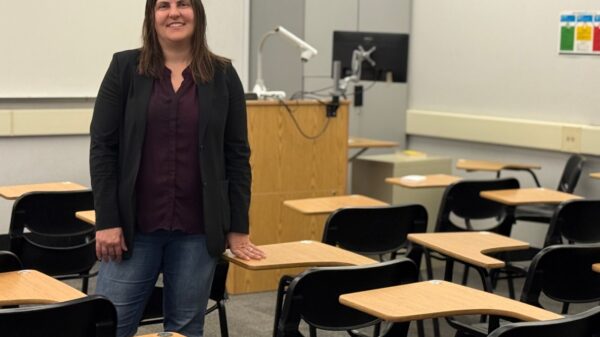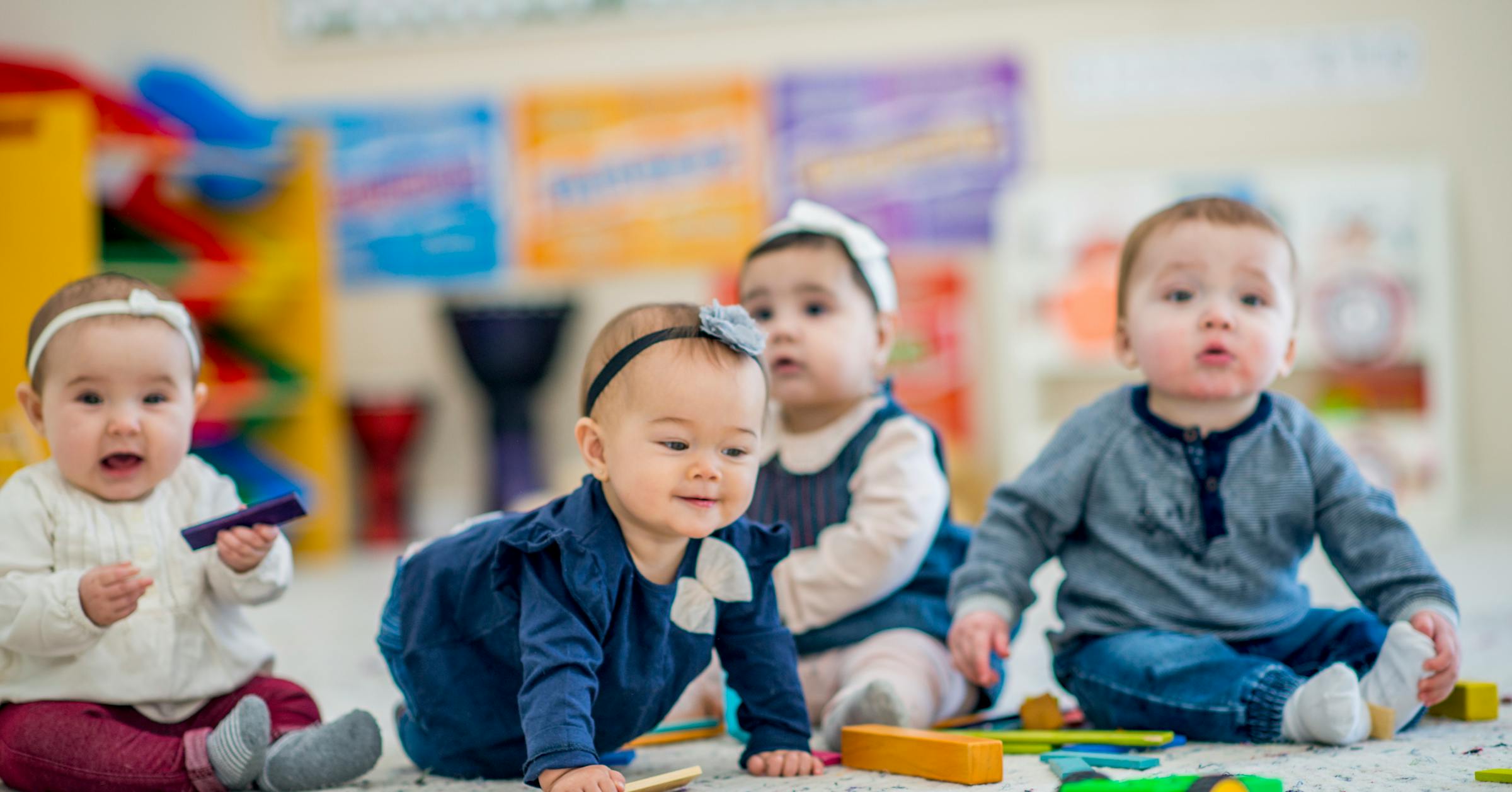The question of whether to bring children into an uncertain world has sparked considerable debate, particularly in light of today’s social, environmental, and economic challenges. Calla Massari’s recent article, “Should a person bring kids into this world?” published on July 10, 2023, resonates with many who grapple with this dilemma. As a parent who recently experienced the joys of welcoming a child, I believe that despite these challenges, the decision to have children can still be a hopeful and positive choice.
Massari articulates valid concerns about the future, particularly regarding the impact of climate change and social instability on children’s lives. Her reflections highlight a growing sentiment among potential parents who weigh the uncertainties of the modern world against their dreams of starting a family. While these worries are significant, they can overshadow the profound joys and opportunities that parenthood presents.
The reality is that children born today are likely to enjoy healthier and more fulfilling lives than previous generations. According to historical data, in 1800, a staggering 46% of children did not survive to the age of five. In stark contrast, that figure has plummeted to just 0.7% today. Such progress should not be overlooked, especially in regions like the U.S., where many people have access to resources that were once unimaginable, such as clean water, advanced medicine, and comfortable living conditions.
Some prospective parents express fears about the climate crisis as a deterrent to having children. While these concerns are valid and deserve attention, evidence suggests that reducing the number of children born may not be an effective solution to combat climate change. In a recent essay published in the New York Times, Michael Geruso and Dean Spears argue that even if humanity ceased procreation from 2030 to 2050, the global population would decrease by only 14%. They emphasize that if this were the only approach to address climate change, it would result in a similarly insufficient reduction in emissions.
Rather than forgoing parenthood, it is imperative to focus on actionable solutions to reduce carbon emissions and develop sustainable practices. Future technological advancements and research offer hope for a cleaner and healthier planet, making it entirely possible for children to thrive in a world that is undergoing significant transformations.
The decision to have children is deeply personal and often motivated by love and the desire for connection. My husband and I chose to expand our family because we believe that a nurturing home can provide children with the foundation they need to grow and flourish. While we acknowledge that we cannot shield our children from every hardship, we maintain that life, in all its complexities, is ultimately worth living.
Parenthood is an expression of hope — hope that the world can improve, that our children will contribute positively to society, and that they will experience joy and love. Whether they leave a mark on history or live quiet, fulfilling lives, the act of loving and being loved remains profoundly significant.
As we navigate the challenges of the modern world, it is essential to remember that hope exists. For those who desire children, embracing parenthood can be a courageous step toward building a brighter future.





































































